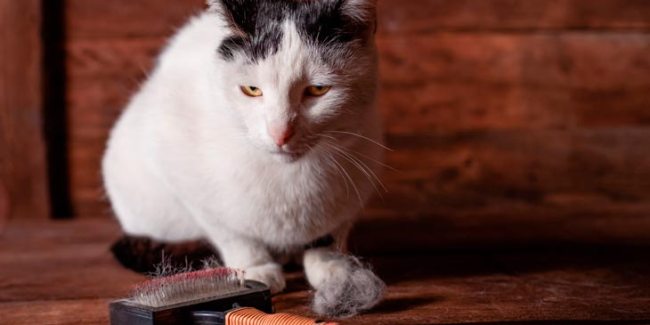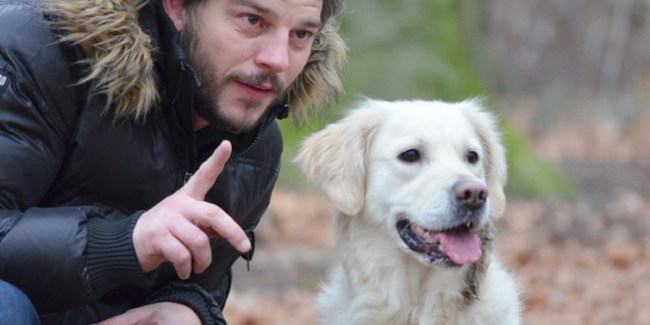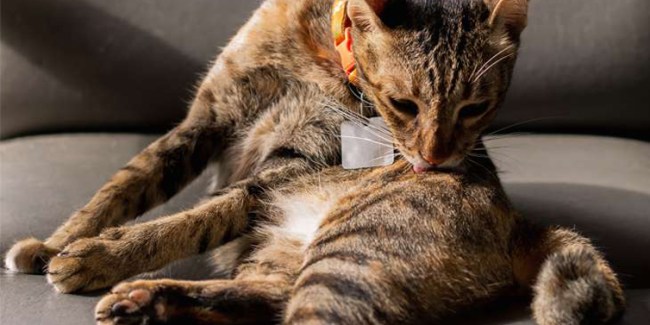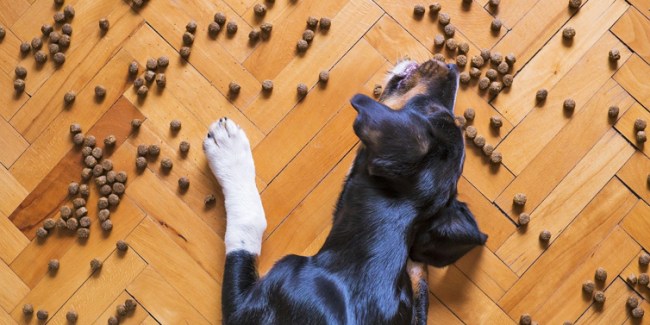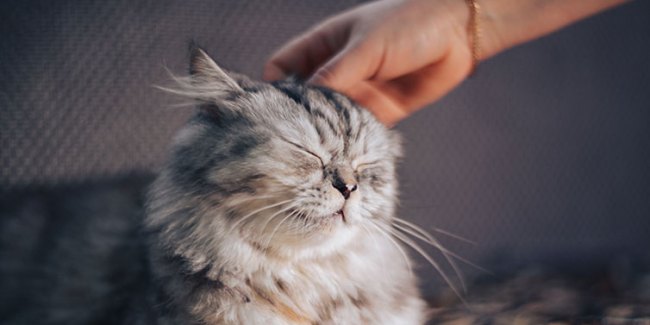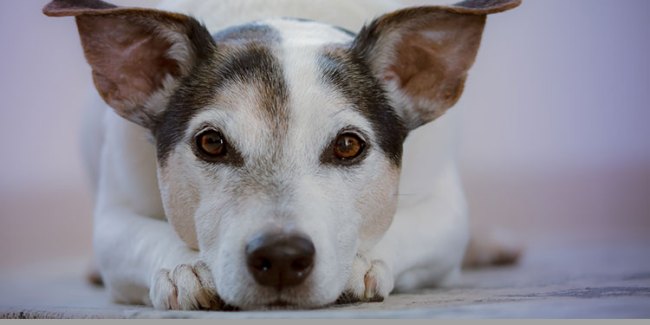A WINTER’S TAIL
Our winters are fairly mild, in comparison to parts of the USA and UK for example, but in some areas, it can reach freezing temperatures, especially at night. The Western Cape, for instance, is both cold and wet in winter. You feel the cold but, thanks to furry coats, our cats and dogs don’t, right? … Wrong! It’s true that there are breeds, like Huskies and St Bernards, who have such thick coats that they are uncomfortable on a hot summer’s day, but St Bernards were bred for rescue work in the Western Alps and Huskies were bred in Siberia. (They will still appreciate being indoors with the family on a cold winter’s night though.) Staffies, Boxers and Jack Russells, on the other hand, have short hair and are therefore not as well-protected, and will suffer in the cold, especially if they live outside. Freezing cold temperatures can cause hypothermia and even death.
So, based on research from here and overseas, we have put together some tips for you, to ensure that your furry and hairy BFFs have a comfortable winter.
Please bear in mind that ALL animals, including livestock, need some form of shelter from the cold.

CHILLED (OUT) FURRIES
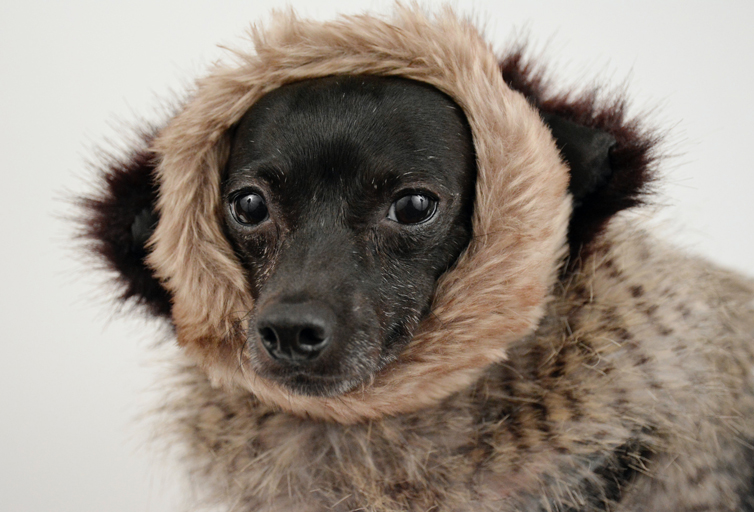
People have dogs for two main reasons: they love dogs and appreciate their unconditional love and companionship, or they need a dog to protect themselves and their property or to help them in some way by providing a vital service – some cat breeds are also used for medical services. Working pets usually fall into the second category, but often, of course, the two merge into one, for example, when a blind person gets a guide dog to assist him/her and comes to love the dog, and vice versa. Who wouldn’t? But whatever their purpose, most of us realise that all pets are living beings. They all deserve to be treated with kindness and to have the basic necessities of life: shelter, food, water and care, including visits to the vet when necessary. Diamond-encrusted coats costing R10,000 are not necessary; a warm bed when it’s cold, is.
Shelter
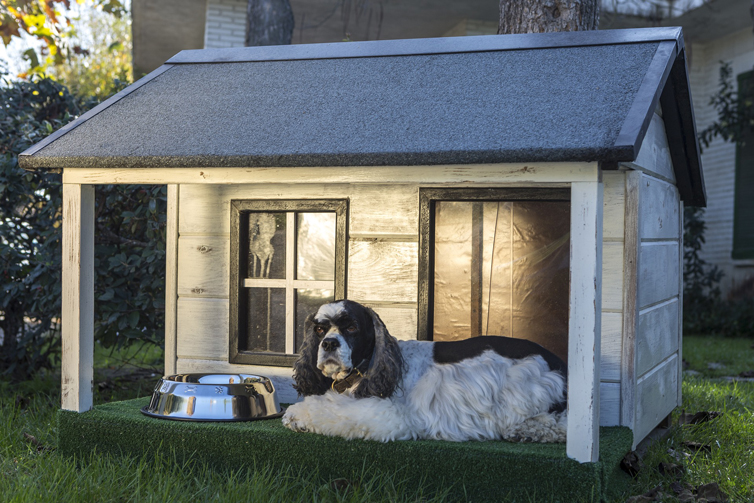
Exposure to prolonged cold can result in hypothermia and even death. Apart from the fact that this causes the animal great suffering, it will cost you plenty in vets’ bills. Old and very young animals should sleep indoors, particularly in the winter. (Spare a thought for Old Faithful with his arthritis.)
Indoor Pets
Dogs kept indoors help protect you and your family. In fact, the police advise this because their barking (especially your little yappers) will alert you and deter the criminals. When they are outside, unable to get into the house, they cannot protect you properly. You will need to find a place in your home for your dogs’ sleeping area. We all know that, in reality, the chances of little Powder Puff remaining in her bed for the night are pretty slim. Whose fault is this, usually? (Be honest now.) Little Powder Puff is one thing, Massive Dogzilla is quite another. In each case though, they both need their own comfortable and warm space. The same applies for all cat breeds. Find a place that is free from draughts but please don’t shut dogs or cats up in a room where there is a heater. He/she may get burnt, especially those who huddle up to the source of heat or become seriously sick from the fumes from a gas heater.
Your pet doesn’t need an expensive bed: even a sturdy cardboard box will suffice, but any bed needs to be elevated off the floor – a few bricks will do the job nicely. A blanket or two will allow him/her to make a ‘nest’, or you could provide one of those cozy, doughnut-shaped beds. You can even make your own, easily and cheaply. (Try searching the internet for a DIY video: Make a dog bed with an old sweater.)
Outdoor Pets
Provide your outdoor pets with a cozy, waterproof kennel or box, with blankets, preferably in a dry, sheltered spot. Cold winds are a problem – ensure that the opening in the kennel does not face the wind. The kennel should also be raised off the floor – it’s warmer and will prevent the base of the kennel from rotting. If possible, bring them in at night in the winter. Outdoor guard dogs are providing you with a service: they can’t do that efficiently if they are freezing cold and consequently sick. They will also need extra food to provide them with the calories they need to cope with cold weather. Always check their water frequently in very cold weather, as it may be frozen. You may want to encourage an outdoor cat to come in when it is especially icy.
Chained Dogs
Please do not ever keep any dog on a chain or tether outside. Any such chaining is in fact cruel, according to the SPCA, and is forbidden by the Animals’ Protection Act (No 71/1962). It is totally against the nature of dogs, and many other animals, to be unable to run, socialise and move freely. It causes mental and physical suffering and may result in death. The only form of tethering which should only be used if necessary, is the type that allows the dog to run up and down. A chained dog is also unable to protect you and your property.
Winter Grooming
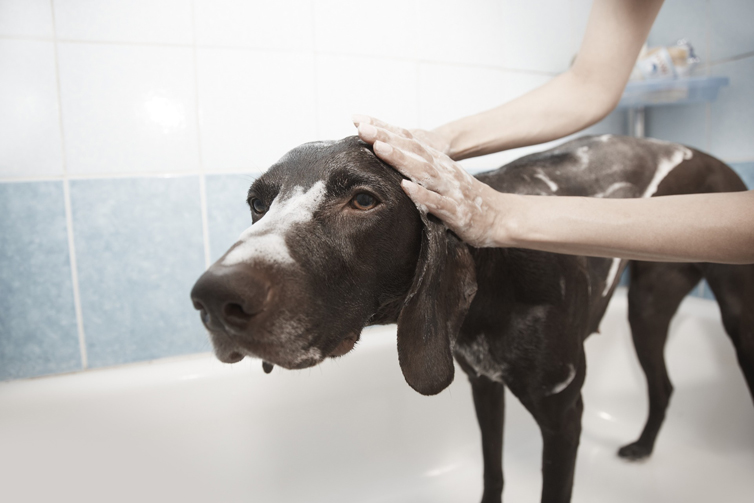
Pets do not need to be bathed as often in winter, and particularly try to avoid bathing your pets and letting them out in the cold, unless they are completely dry. This is especially important for the old and very young.
In areas which are dry in winter, pets may suffer from dry, itchy skin. You may see flakes which look like dandruff. Consult your vet first. When these pets are bathed, we suggest a moisturising shampoo. A little coconut oil rubbed into extremities, such as ears and pads, will also help. You could also add a small amount of fish oil to their diet, or one of the many oil supplements available on the market, your vet will advise you.
Ask your groomer not to cut their coats too short – they need their fur in cold weather. For pets with longer hair, brush regularly to ensure that mats don’t form, especially under a jacket. If several mats develop, your groomer may have to almost shave your pet – not a good idea in winter.
Paws and Pads
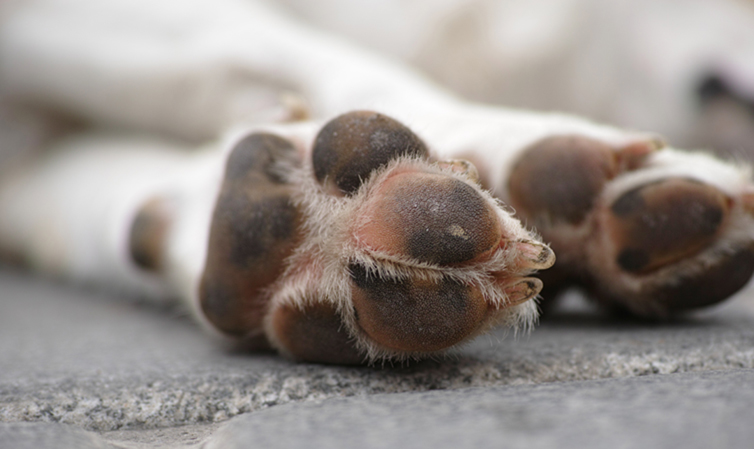
In very cold areas, pets may suffer from sore, inflamed or even cracked pads, especially if they are kept outside. Overseas, particularly in the snow, owners put little ‘shoes’ on their dogs (We aren’t joking!). Be vigilant, and if your pet has sore, cracked pads which don’t heal, see your vet. A little petroleum jelly on dry pads should help.
High Octane Fuel
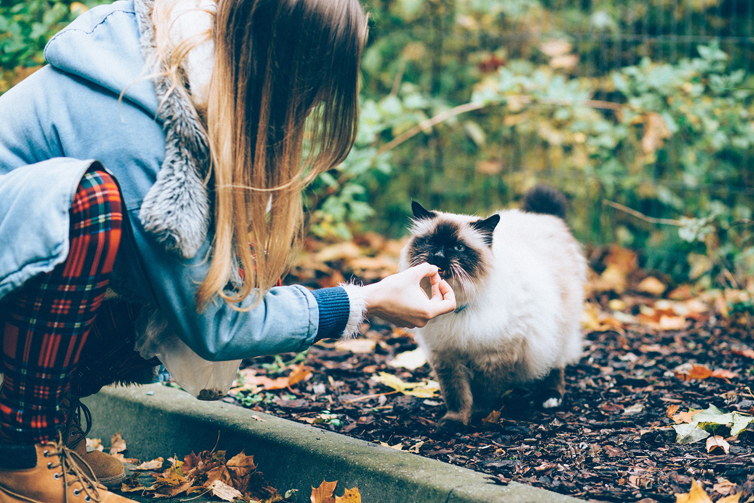
Most of us are aware that we eat more in cold weather; pets need extra fuel too. Extra calories are essential to enable our, and our pets’ bodies to keep warm and to maintain body temperature. Give your pets some extra food (you’re allowed extra too.) if possible.10% – 20% extra is recommended. Some pets may also require supplements, especially in winter. Ask your vet for advice.
Winter Wardrobe
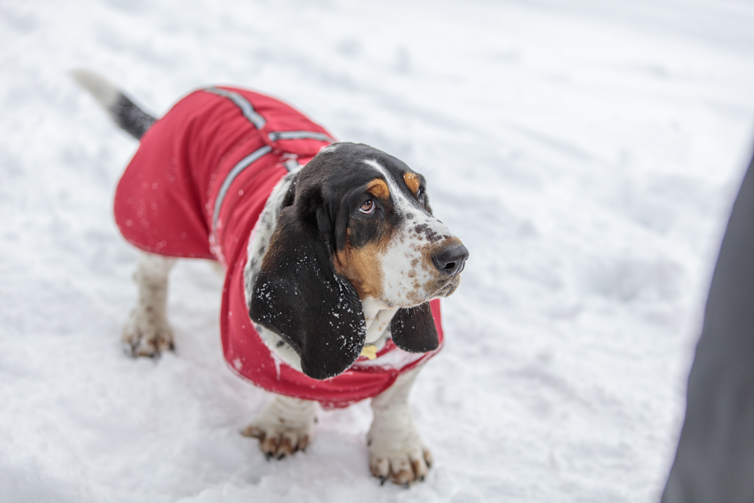
We know that the array of cute and fancy pets’ coats available is very tempting. There is, let’s admit it, nothing cuter than putting Little Pufffball in a fake fur Barbie-pink coat, which may have cost you more than your own jacket. But it’s not necessary to spend a fortune. Perfectly acceptable and cheaper coats may be bought at pet-shops, vets or flea markets. A well-fitting coat made from warm fabric helps your pet to maintain that vital body temperature, resulting in a happier and healthier fur kid. Ensure that the coat fits snugly and covers the back, chest, tummy and extends to the tail. For outdoor pets in particular, the coat should be waterproof. It is not necessary to put a coat on your cat but if you have a breed with thinner hair, such as a Sphynx or Devon Rex, you may want to. Get your kitty used to this as soon as possible to prevent scratchy disagreements.
Pet Meds
Check with your vet as to whether certain medications which your pet may be taking, need to be increased in winter. Pets suffering from arthritis and the very old and young, may need their meds to be adjusted. Your vet may also want to supplement your pet’s diet with, for example, certain vitamins, to cope with the effects of the cold weather. Please do not, ever, administer any medications which are designed for human consumption without your vet’s approval. A dog’s makeup is completely different from ours.
Winter Walkies
Don’t stop exercising your dog (and yourself!) in the winter. If dogs are moving, wearing a nice, warm coat, they will maintain body temperature, and luckily in South Africa the winter days are quite pleasant to get out and about. Muscles and joints will be flexed, they (and you) will enjoy it and you will both keep healthy. For older dogs and those with joint problems, check with your vet first, but short and slow walks are generally beneficial for these dogs too.
Uninvited Guests
Yes, unfortunately ticks, fleas and other parasites are present year-round. In the winter, a warm pet provides a nice, cozy place to live, and our warm homes are pretty attractive too. These tiny nasties cause irritation, scratching, infections and carry diseases. For peace of mind, use a product like Bravectoâ. With Bravectoâ Chew, dogs are protected against fleas and ticks for 12 weeks with a single treatment. Bravectoâ Spot-On provides 4 months of tick protection and 6 months of flea protection with a single application. For Cats, Bravecto Spot-On provides 3 months of tick and flea protection and Bravecto Plus for cats provides 3 months tick, flea and heartworm protection PLUS a worm and mite treatment, all in one convenient Spot-On application. This means your pet will only need one dose all winter. Avoid dipping your pet in cold weather.
Winter Dangers: Anti-Freeze
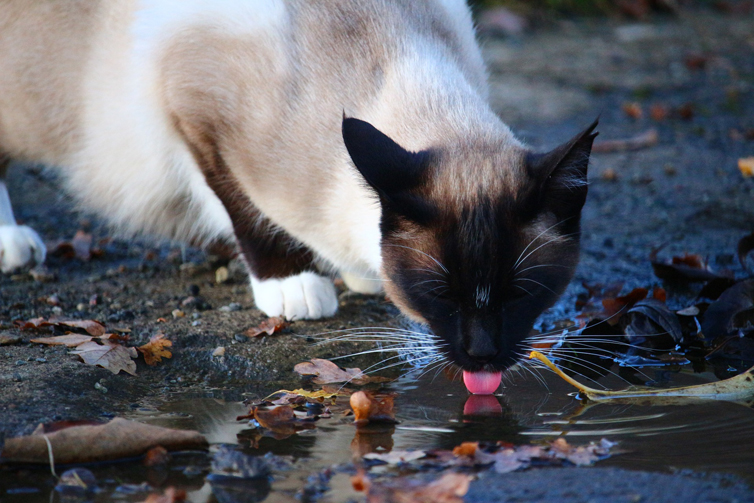
If you live in a very cold area, you may put liquid anti-freeze in your car engine in winter. Sometimes, this can get spilt. We all know about pets’ strange (and let’s face it, sometimes disgusting) tastes. They seem to find anti-freeze delicious. If they come across a puddle of it, they often lap it up. In fact, it is toxic for animals. Ensure that if you use this substance, you wipe up any spills thoroughly.
Winter Illnesses
Canine Infectious Respiratory Disease (CIRD)
CIRD occurs year-round, but some dogs are more susceptible during the winter months because CIRD occurs year-round, but some dogs are more susceptible during the winter months because their immune systems may be weakened by the cold. If your dog is active, they are likely to be exposed to more environments and to come into contact with other dogs, they may catch CIRD as it can be transmitted by aerosol droplets. It is highly contagious and if you have several dogs and one catches it, the chances are high that the rest will catch it too. Fortunately, there is a vaccine which only needs to be given once a year and does not need a booster if you are giving it for the first time, called Nobivac® KC. It is administered by your vet, intranasally. The symptoms include: a dry ‘honking’ cough, sneezing, runny nose, loss of appetite, retching and the production of white foam. Your dog should be taken to the vet as pneumonia may result. Most cases, however, are fairly mild but will still need treatment to help your pup recover.
Hypothermia
Prolonged exposure to cold temperatures can cause a pet’s temperature to fall, causing hypothermia, which may be fatal. This applies particularly to very young or old pets or those with some medical conditions such as diabetes, heart or kidney disease. The skin goes pale and the pet shivers strongly. If left untreated, he/she may go into a coma and may die. While waiting to get to the vet, the most effective thing you can do is to raise your pet’s body temperature.
- Wrap the pet in warmed blankets in a warm room.
- Wrap a hot water bottle in a towel and place it against his/her stomach. (A heating pad on its lowest setting, used for a short time, will also work.)
- If you have a thermometer, check your pet’s temperature every 10 minutes. Once it reaches 37.8C degrees, remove the hot-water bottle.
Frostbite
This is an unlikely but still possible problem in South Africa. When a pet is exposed to freezing temperatures for a prolonged time, if the skin freezes it goes numb and hard and the tissue beneath may be damaged. It is very painful and may result in the toes being removed by the vet. The symptoms are pain, hard and/or pale skin, blistering and darkening of the skin. Do not attempt to treat this yourself.
And finally……
Help!
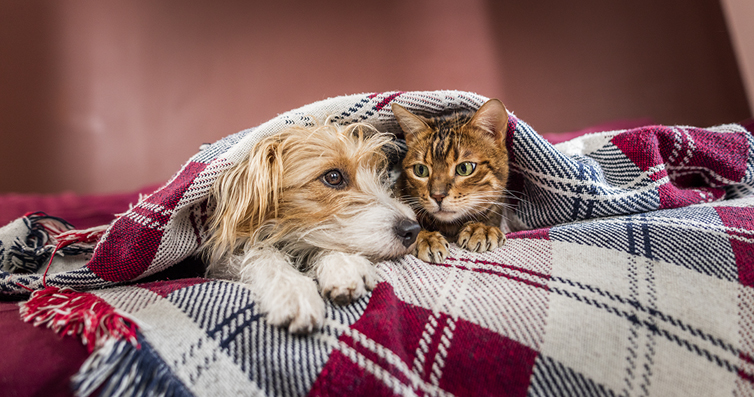
We hope that you have found the information and suggestions in this blog interesting and helpful, in order for you and your furry BFFs to have a comfortable winter. We would like to ask you to spare a thought, and perhaps make a donation to one of South Africa’s animal rescue centres. Their food stores are usually inadequate to feed the thousands of pets, abandoned and abused. These numbers increase in winter, as many families struggle to provide for themselves, with little to spare for their animals.
If you wish to donate dry dog/cat food, please contact the SPCA via: www.spca-ct.co.za
Or, donate to other animal rescue centres. You may think that your contribution is too little, but think of the animals who will sleep contented, with full tummies, even for a couple of nights, because of your donation.
If you notice any animal left out in the cold, please report this to:
SPCA on 021-700-4158/9 Emergencies: 083 326 1604
References:
Medipet.co.za
Pethealthcare.co.za
Zuki.co.za
Pethero.co.za
Petmd.com
Caninesports.co.za (article by ‘tears’)
Furballpet.co.za
NOBIVAC® KC
Reg. No. G2604 (Act 36/1947)
This vaccine may only be used by or under the supervision of persons registered in terms of or authorised in terms of section 23 (1) (c) of the Veterinary and Para-Veterinary Professions Act, 1982 (Act 19 of 1982).
Subscribe to our Newsletter
Get to know your furry friend better! Sign up for all things dog- or cat-related.
The Hairy Facts about the dreaded hairball
12 April 2021
Help! My dog’s barking mad! Volume 2
12 April 2021
Your Itchy, Scratchy Cat – All About Cat Skin Problems
12 April 2021
The Dog’s Diet: A Bone of contention?
01 April 2021
Mango Fly Worms: How to Spot and Eliminate them
Posted on November 28,2019
Managing Mange And Mites In Your Dog
Posted on June 11,2018
Why Do Cats Purr and How? Learn What Your Cat Is Saying
Posted on October 14,2020
How to Get Rid of Ear Mites in Dogs
Posted on November 06,2019


